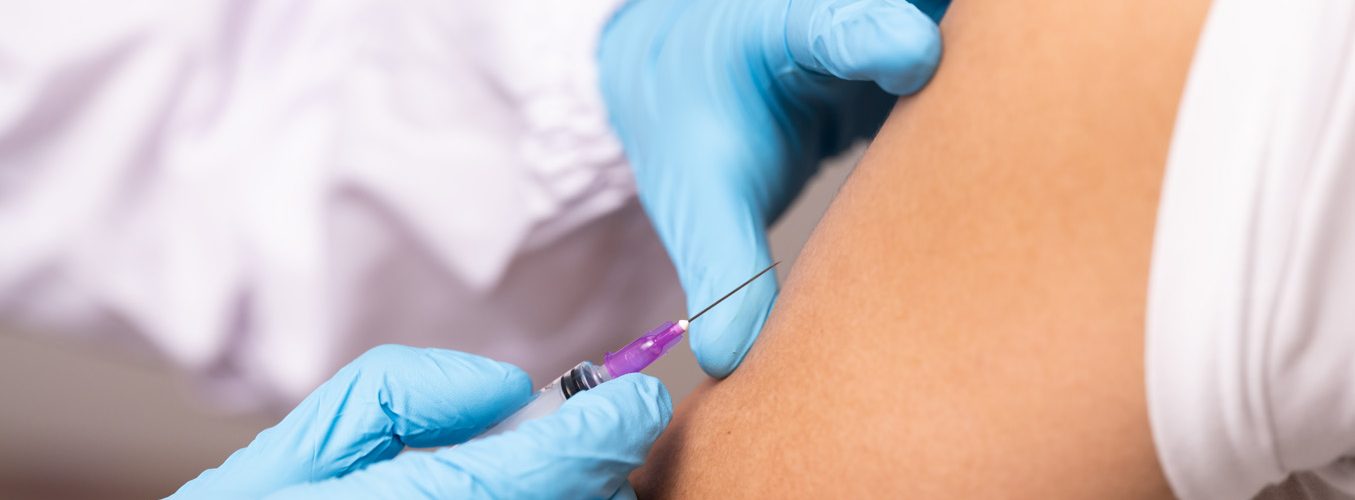By Kausalyaa Kaliapan
Booster dose, boosts up your immune system! This additional COVID-19 vaccine shot is administered after the protection from the primary doses starts to diminish. It helps to extend your immunity, ensuring that you remain protected for a longer period. While you might assume one vaccine shot offers permanent safety, this isn’t always the case.
For some diseases, multiple doses are needed to build robust immunity, and in other cases, immunity fades over time, or the virus mutates, making the original vaccine less effective. Therefore, most vaccinations include a booster shot to enhance protection. The primary aim of vaccines is not necessarily to prevent all cases of COVID-19 but to reduce severe illness, hospitalization, and death from the infection.
However, over time, the immunity provided by the vaccine can diminish, making individuals susceptible to infection again. This is where the booster dose comes in, reinforcing your immune system and offering renewed protection against the COVID-19 infection.
A major concern is the emergence of variant strains due to mutations in the virus’ genome. These mutations can lead to new variants that may affect the virus’ behavior, potentially making it more harmful, or in some cases, having no impact on humans. Some variants may possess mutations that allow them to evade the immune responses generated by the original vaccine formulations.
Booster doses, often based on updated vaccines targeting specific variants, can provide additional protection against these new strains. Having said that, the timing for administering the booster doses varies and depends on several factors, such as the type of vaccine, individual risk factors, and recommendations from the local public health authorities.
Typically, boosters are recommended several months after completing of the
primary vaccine series to ensure optimal immunity, especially when the risk of infection and severity of the disease are rising in a particular area.
The main target groups for booster doses include older adults, particularly those aged 50 and older, high-risk individuals more likely to get infected, healthcare workers who face COVID-19 patients daily, and individuals with compromised immune systems.
Additionally, people living in long-term care facilities, those with underlying health conditions such as diabetes or heart disease, and individuals with occupations that require frequent travel or interaction with the public are also prioritized.
However, the decision to administer booster doses is often based on a combination of scientific evidence, epidemiological data and public health priorities. Hence, by getting a booster, you help maintain strong immunity against COVID-19 and its evolving variants, contributing to the broader effort to curb the pandemic.
This collective effort not only protects you but also helps to safeguard susceptible populations, reduce the strain on healthcare systems, and prevent the spread of the virus in the community.


























Add comment